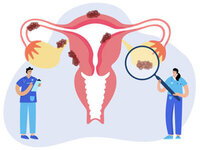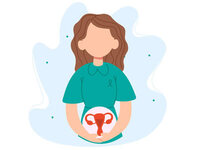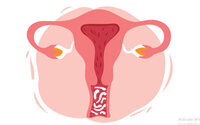Vaginal hysterectomy surgical process of removing the uterus (or womb) through female genitalia (or vagina). It involves removing both the uterus and cervix (the neck of the womb) via the vagina. During vaginal hysterectomy, the surgeon segregates the uterus from the ovaries, fallopian tubes, and upper vagina along with the blood vessels and connective tissues that support the uterus before removing it.
There are certain conditions or gynaecological problems that may require a vaginal hysterectomy. Some of the medical conditions are mentioned below:





Some of the benefits of undergoing vaginal hysterectomy are:


Some of the complications that may arise from this procedure are:
Are you an international patient looking for the best gynecological care in India? Consult Dr. Sarada Mamilla, the best gynecologist & Laparoscopic Surgeon in India, offering top notch care for complex cases of uterine fibroids, endometriosis, adenomyosis & gynecological malignancies.
Copyright © 2023 All rights reserved By Dr.Sarada